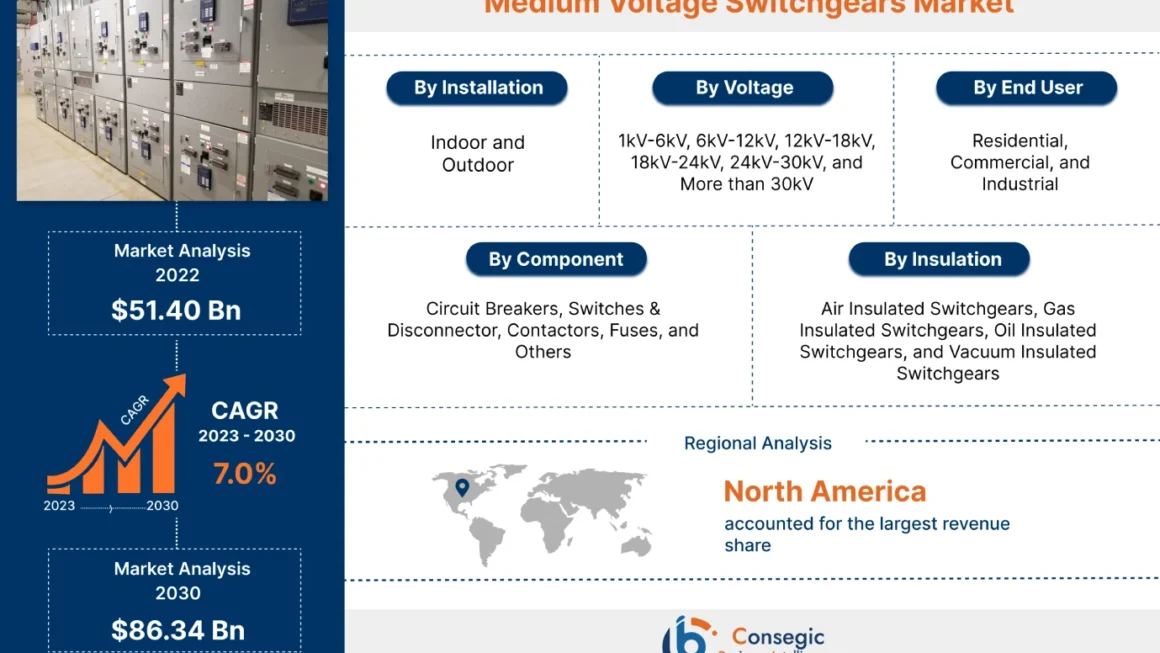Introduction
In the ever-evolving world of technology and machinery, understanding specific components can make a world of difference. One such critical and often discussed term in the industry is m.v.m.c 6.04.040 d6. But what exactly does this term refer to, and why should you care about it? In this detailed article, we will dive into everything you need to know about m.v.m.c 6.04.040 d6: its significance, applications, specifications, and how it fits into the broader landscape of technology and machinery.
Whether you are a professional in the field or just curious about this term, this guide is designed to provide clarity and deep insights. We will cover the meaning, detailed specifications, practical uses, and the latest trends surrounding this component.
Understanding m.v.m.c 6.04.040 d6
What Does “m.v.m.c 6.04.040 d6” Mean?
At its core, m.v.m.c 6.04.040 d6 refers to a specific component or system used in machinery, industrial equipment, or specialized applications. However, understanding the context and exact specifications of this term requires diving into its individual components.
The term “m.v.m.c” likely stands for Motor Voltage Motor Controller, which is a system or module that controls the operation of motors in various devices. The 6.04.040 might be a version number or a product identifier, and d6 could refer to a particular model, batch, or variant that has unique features or capabilities. This understanding is crucial for professionals working with motor controllers, power systems, and industrial machinery.
Key Specifications and Technical Features
The specifications of m.v.m.c 6.04.040 d6 can vary based on the application. Typically, these components are designed to handle complex electrical systems, providing efficient control over motor functions. Some features to look out for include:
- Voltage Range: The device can often manage a specific voltage range, allowing for control over high-power motors.
- Control Type: Depending on the model, it may offer precise speed, torque, and direction control of motors.
- Integration: These components are often integrated with other systems like PLCs (Programmable Logic Controllers) or embedded systems.
- Durability and Lifespan: Industrial-grade components like these are designed for extended use in harsh environments.
Applications of m.v.m.c 6.04.040 d6
Industry-Specific Use Cases
The m.v.m.c 6.04.040 d6 is a versatile component, suitable for a range of applications across various industries. Below are some common fields where this system or model is particularly impactful:
Industrial Automation
In the realm of industrial automation, m.v.m.c 6.04.040 d6 serves a pivotal role in controlling the motors that power machines. It ensures smooth operation and precision control, critical for large-scale manufacturing processes. Industries such as automotive manufacturing, assembly lines, and packaging rely heavily on efficient motor control systems.
Energy Systems and Power Generation
In energy systems, especially in power plants or renewable energy setups, m.v.m.c 6.04.040 d6 ensures the accurate regulation of motor-driven pumps, turbines, and other mechanical equipment. It is essential for optimizing energy output while ensuring safety and reliability.
HVAC Systems
Heating, Ventilation, and Air Conditioning (HVAC) systems use motor controllers like the m.v.m.c 6.04.040 d6 for managing the motors in fans, pumps, and compressors. The precision control allows for better energy efficiency, temperature regulation, and system longevity.
Robotics and Automation
In robotics, m.v.m.c 6.04.040 d6 could control the motors that allow robots to move, interact with objects, and perform precise tasks. Its role is central in ensuring the smooth movement and functionality of robotic systems, whether in manufacturing or healthcare.
Advantages of Using m.v.m.c 6.04.040 d6
Efficiency in Control
One of the main reasons why industries rely on m.v.m.c 6.04.040 d6 is the precision it offers in controlling motor systems. Unlike traditional methods, it allows for fine-tuning of speed, torque, and power usage, ensuring minimal energy wastage.
Enhanced Reliability
The m.v.m.c 6.04.040 d6 is designed for industrial environments, making it incredibly reliable. The durability and lifespan of these systems are superior to other models, ensuring consistent performance even under extreme conditions.
Compatibility with Other Systems
The flexibility and compatibility of m.v.m.c 6.04.040 d6 with other industrial control systems (like PLCs or SCADA) make it an indispensable tool for complex industrial setups. This integration capability makes it suitable for various automation systems.
How Does m.v.m.c 6.04.040 d6 Improve Productivity?
Faster and Smarter Operations
By providing optimized motor control, m.v.m.c 6.04.040 d6 allows machines to run at optimal speeds. This translates into reduced downtime, faster production cycles, and ultimately, higher output. In industries like automotive manufacturing, where time is critical, such efficiency is invaluable.
Reduced Operational Costs
Through its precision control and energy efficiency, m.v.m.c 6.04.040 d6 contributes to lower energy consumption. With better power management, industries can reduce their electricity bills, leading to substantial cost savings over time.
Minimizing Mechanical Failures
The m.v.m.c 6.04.040 d6 helps prevent mechanical failures by regulating motor speeds and ensuring they don’t exceed their rated capacities. This results in fewer breakdowns and repairs, reducing maintenance costs and extending the lifespan of machinery.
Common Challenges in Implementing m.v.m.c 6.04.040 d6
Complex Installation Process
While the m.v.m.c 6.04.040 d6 provides many benefits, installing and configuring it can be challenging for those who aren’t familiar with industrial motor controllers. Ensuring the proper setup of wiring, connections, and integration with other systems is essential for optimal performance.
High Initial Costs
The initial investment in high-quality motor controllers like the m.v.m.c 6.04.040 d6 can be steep. However, the long-term savings in energy efficiency, reduced maintenance, and improved productivity often offset this cost.
Need for Skilled Operators
Due to its advanced features, operating the m.v.m.c 6.04.040 d6 requires skilled personnel. Adequate training and knowledge are necessary to ensure the system works optimally and without issues.
Best Practices for Optimizing m.v.m.c 6.04.040 d6 Performance
Regular Maintenance Checks
Regular maintenance is crucial for ensuring that the m.v.m.c 6.04.040 d6 operates at its best. Regular inspections of the control system, along with cleaning and lubrication of moving parts, can extend its lifespan and maintain high efficiency.
Software Updates
For controllers with embedded software, it’s important to keep the system updated to ensure compatibility with newer versions of other systems and to take advantage of performance improvements.
Proper Training
Ensure that all personnel involved in the operation and maintenance of the m.v.m.c 6.04.040 d6 are properly trained. This reduces the risk of errors, improves safety, and enhances the overall performance of the system.
Future Trends and Developments in Motor Control Systems
Integration with IoT
As the Internet of Things (IoT) becomes more prevalent, future versions of motor controllers like m.v.m.c 6.04.040 d6 will likely integrate with IoT devices for real-time monitoring, remote management, and predictive maintenance. This will lead to even greater operational efficiency.
AI-Driven Automation
AI-powered motor control systems can adapt and optimize operations based on real-time data. This future trend could further enhance the capabilities of systems like m.v.m.c 6.04.040 d6, enabling them to autonomously adjust settings for maximum efficiency.
Sustainability and Green Technologies
With growing emphasis on sustainability, newer motor controllers may incorporate green technologies that further reduce energy consumption and minimize the environmental impact of industrial operations.
Conclusion
In conclusion, m.v.m.c 6.04.040 d6 represents a sophisticated motor control solution that offers numerous benefits to industries requiring precise motor management. From its core functions of enhancing motor efficiency and ensuring reliability to its extensive applications across automation, energy systems, HVAC, and robotics, m.v.m.c 6.04.040 d6 has proven itself as an essential component in modern industry.
Despite some challenges, such as installation complexity and the need for skilled operators, its advantages far outweigh the drawbacks. With regular maintenance and proper training, industries can leverage the full potential of the m.v.m.c 6.04.040 d6, improving productivity, reducing costs, and increasing the lifespan of machinery.
Frequently Asked Questions
What industries use m.v.m.c 6.04.040 d6?
Industries such as manufacturing, energy systems, HVAC, and robotics use m.v.m.c 6.04.040 d6 for controlling motors and ensuring efficient operation in their equipment.
How does m.v.m.c 6.04.040 d6 improve motor efficiency?
It optimizes motor speed, torque, and power consumption, reducing energy waste and enhancing the overall performance of motor-driven systems.
Is m.v.m.c 6.04.040 d6 suitable for all motor systems?
While m.v.m.c 6.04.040 d6 is versatile, it is best suited for industrial applications and motor systems requiring precise control.
Can m.v.m.c 6.04.040 d6 be integrated with other systems?
Yes, it is compatible with other control systems like PLCs and SCADA for seamless operation in complex industrial setups.
How long does the m.v.m.c 6.04.040 d6 last?
With regular maintenance, the m.v.m.c 6.04.040 d6 is designed to last for many years, offering long-term reliability and durability.
What are the main challenges with m.v.m.c 6.04.040 d6?
The challenges include complex installation and the need for skilled operators to manage and maintain the system.




